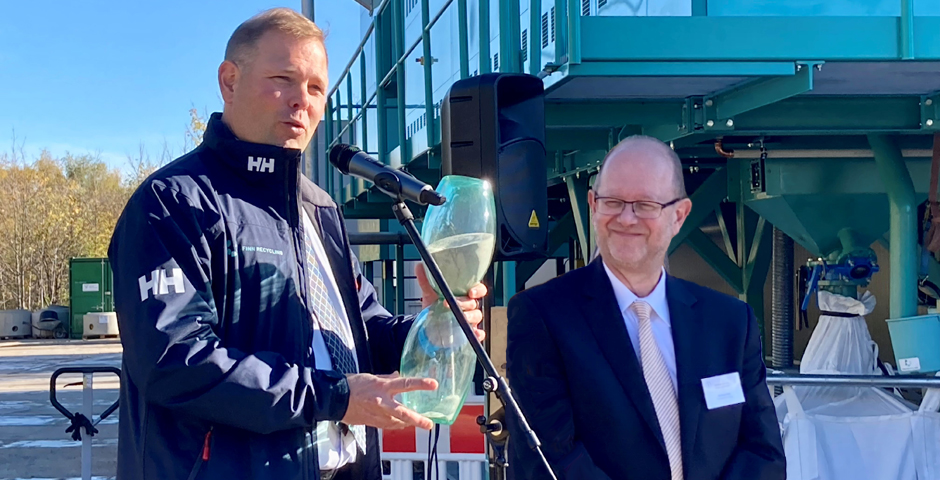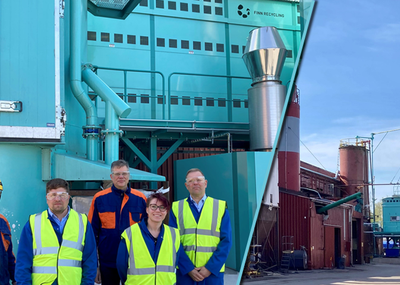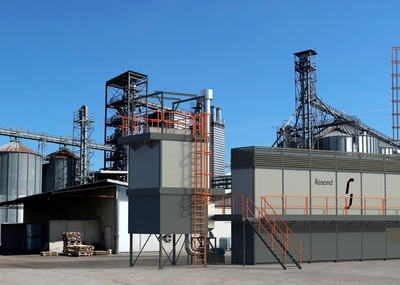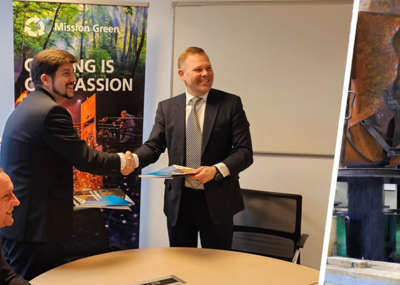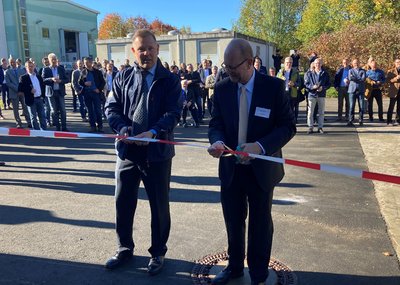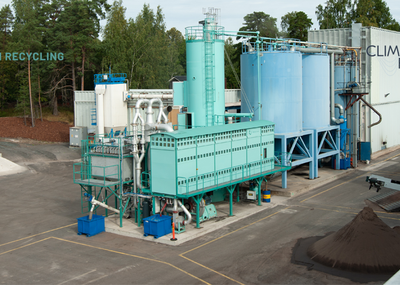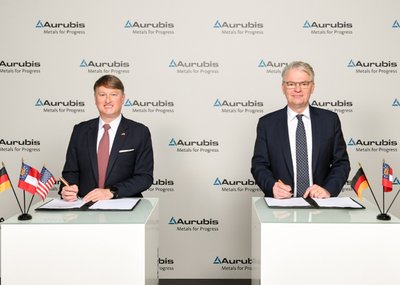To everyone's delight, the new plant of the Finnish company Finn Recycling was completed on time and put into operation before the start of the 31st Ledebur Colloquium with great participation by German foundry experts.
As Prof. Dr.-Ing Gotthard Wolf emphasized in his opening speech, the new plant complements the existing machinery at the Foundry Institute with a thermomechanical plant that does absolute justice to the tradition and competence of the Mining Academy since the research of Prof. Tilch.
Seen in this light, it was probably a synergetic development that an enquiry from Aalto University led to cooperation with the Finn Recycling company, which was quickly implemented in the current research project.
For Finn Recycling, the facility in Freiberg is the first location in Germany and is now to be made available to foundries for trials of their respective molding and core sand. Institute director Prof. Dr.-Ing Wolf expects completely new research possibilities in connection with the new plant.
About Finn Recycling:
In his statement, Kalle Härkki, CEO of Finn Recycling, expressly emphasized the good cooperation with those responsible in Freiberg.
The company has been involved in sand processing as a start-up since 2013 and has been regenerating around 50% of the foundry sand produced in Finland with great success since 2019.
The next step is now to install the first plant in Germany.
Modular sand processing - from waste to recyclable material
Modular sand preparation is a compact solution that requires little space in the foundry and becomes an integral part of production.
Used sand goes in - new sand comes out, the modular sand processor is an easy-to-operate system. The regeneration plant in Freiberg consists of two rotating drums in which the regeneration process takes place. The used sand is conveyed into the upper drum and heated there by means of a gas burner.
Due to the high temperatures, the binder residues are either burnt or detached from the sand grain by a combination of expansion of the sand grain and brittleness of the binder shell.
Furthermore, a slight mechanical regeneration takes place in the drums through grain friction and grinding processes. Parallel to the process, there is continuous suction to remove the dust.
The used sand is processed to match the properties of the new silica sand, which means that the amount of used sand produced can be reduced by up to 80-90 %. This also enables cost savings of 20-30 % compared to using and disposing of virgin sand in landfills.
The specialists from Finn Recycling, such as Kalle Härkki, Jukka Nieminen and Dr Ralf Jung, as well as those responsible in Freiberg agreed: it is time for a new way of thinking.
The current overuse of sand is a global problem. Foundries can be part of the solution - and gain a competitive advantage at the same time.

